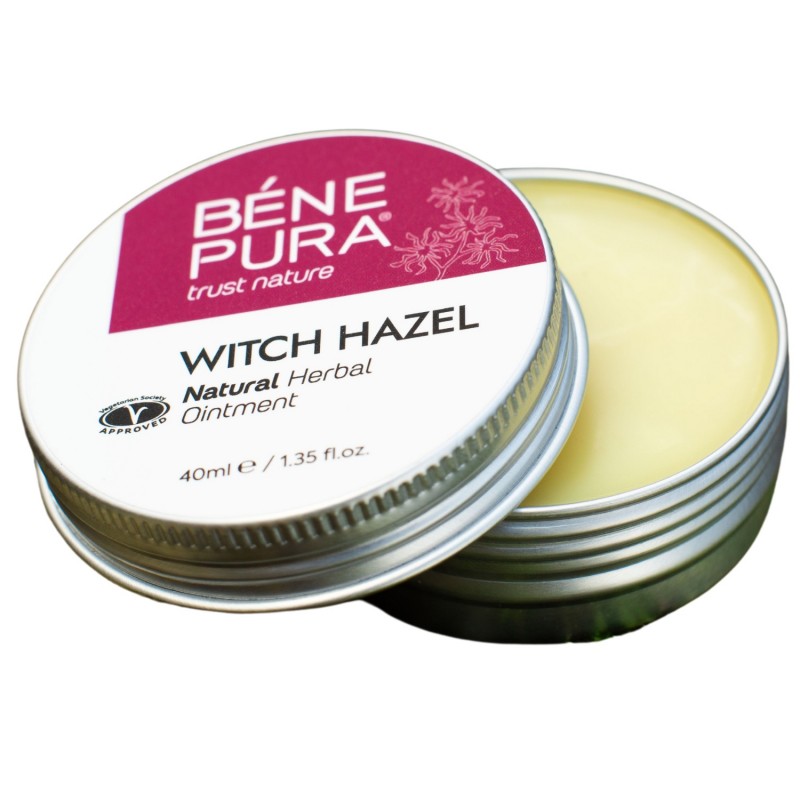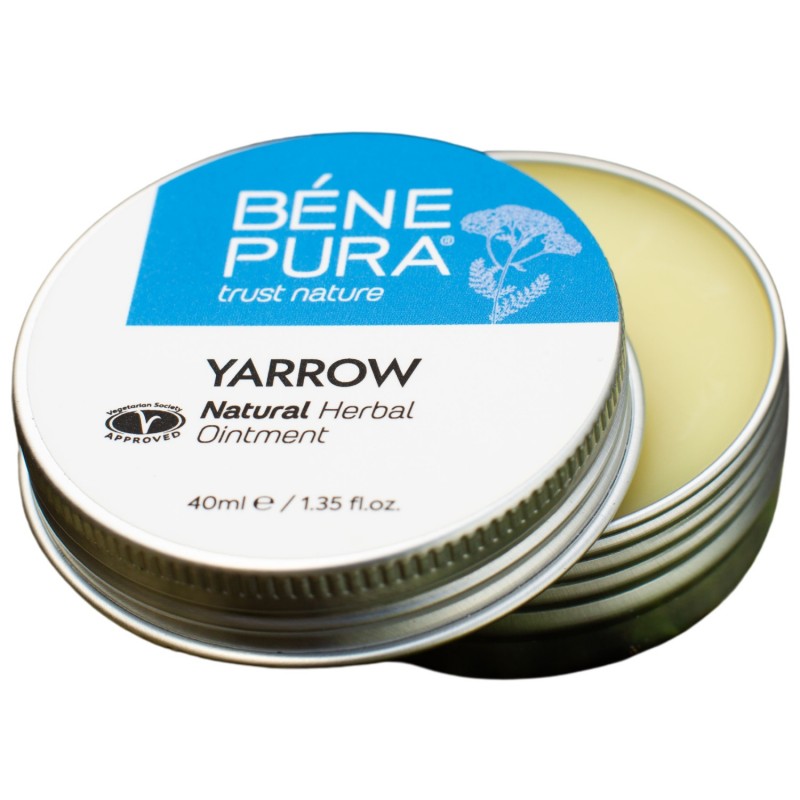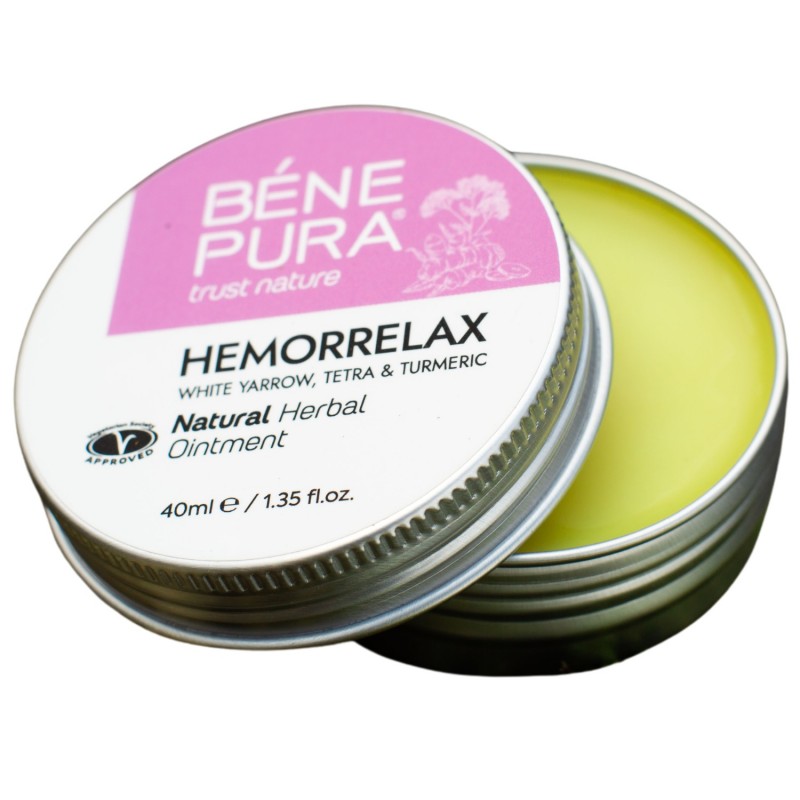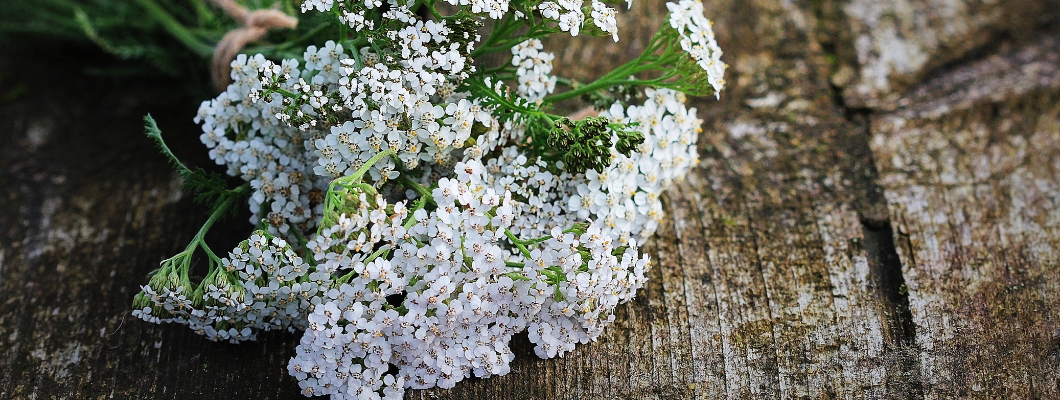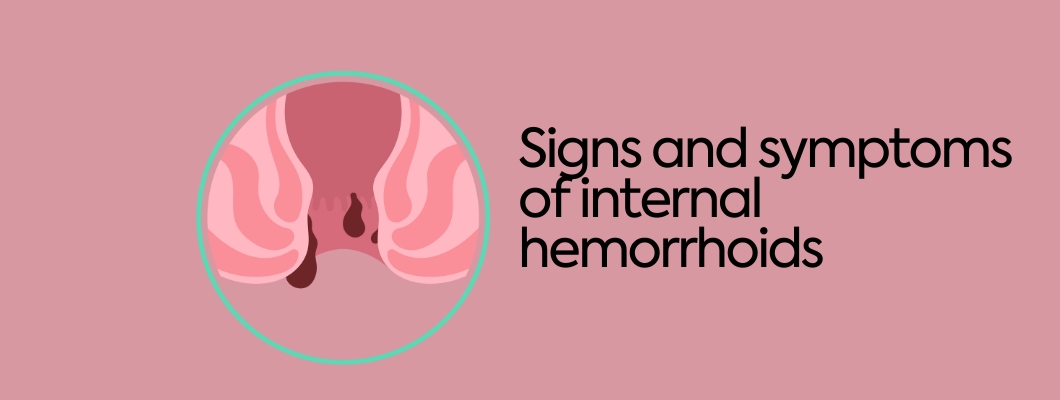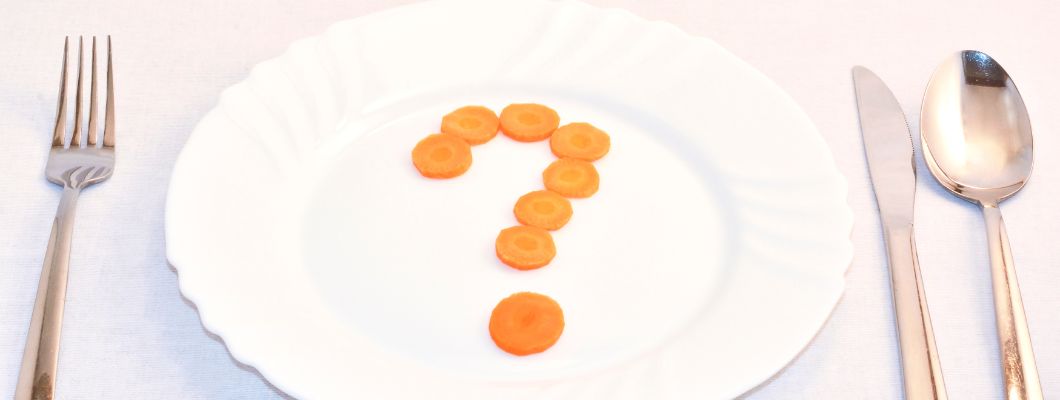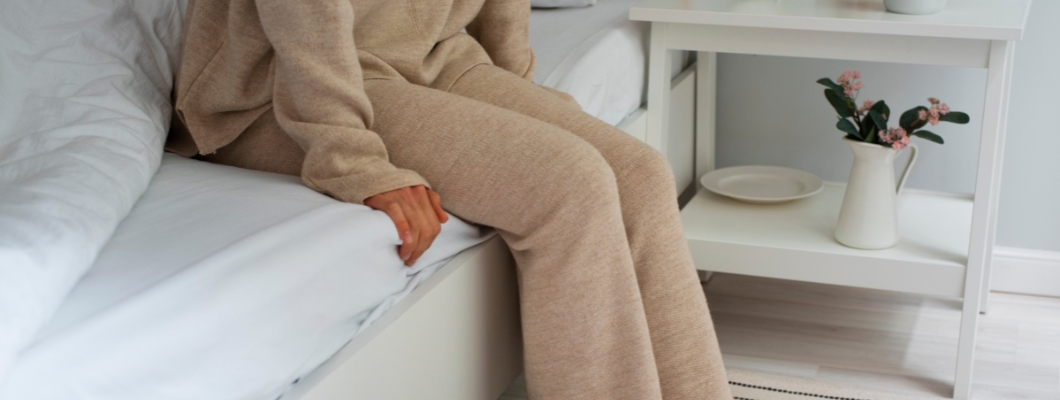How to Recognize and Treat External Hemorrhoids?
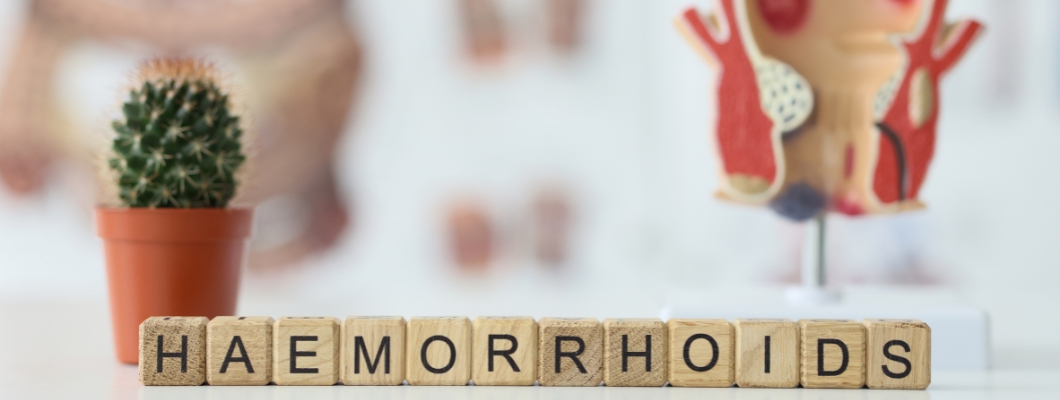
Although often avoided as a topic of conversation, External hemorrhoids are a reality for millions of people around the world. They can appear unexpectedly and cause significant discomfort, both physical and emotional.
The issue is not just about the pain - but also about the embarrassment, shame, and sometimes even fear we feel when we don't know exactly what's happening to us.
Many people do not seek help in time and the problem is often underestimated until the symptoms become unbearable.
In this article, we will look at everything you need to know about External hemorrhoids - what they are, why they occur, how and how long it takes to deal with them.
Table of Contents
1. What are External Hemorrhoids?
Unlike Internal hemorrhoids, which are located deeper in the rectum and are often not felt, External hemorrhoids develop in the area just under the skin around the anus. This makes them not only visible, but also palpable when touched or moved.
They form when small veins in the perianal area dilate and fill with blood, often as a result of increased pressure. The skin in this area is rich in nerve endings, which is why External hemorrhoids can cause so much discomfort with even the slightest irritation.
External hemorrhoids can vary greatly in size - sometimes they are very small and almost unnoticeable, and other times they are large and very swollen. In certain cases, a clot (thrombus) can form within them, leading to a condition known as a thrombosed external hemorrhoid.
It is important to emphasize that external hemorrhoids are not always the result of a disease. They can appear even in healthy people after physical exertion, a sudden increase in pressure in the abdominal cavity, or prolonged standing in one position.
They often appear completely unexpectedly and without a previous history of hemorrhoidal problems.
2. What are the causes of External Hemorrhoids?
The causes of External hemorrhoids are many and often accumulate over time. Usually there is no single cause, but a combination of factors that gradually weaken the venous wall in the anal area.
Here are some of the reasons that help External Hemorrhoids appear:
1. Genetic predisposition
If your parents or other family members have suffered from hemorrhoids, the chance of you developing hemorrhoids is significantly higher. This is due to congenital weakness of the vascular walls or lower elasticity of the venous tissue.
2. Low physical activity
A sedentary lifestyle and lack of exercise slows down blood circulation, especially in the lower body. This increases pressure in the veins and creates the conditions for their expansion, which contributes to the formation of External hemorrhoids.
Risky occupations include those involving prolonged standing or sitting - such as drivers, office workers and cashiers.
3. Hormonal changes and pregnancy

During pregnancy, women are more susceptible to developing hemorrhoids. Progesterone relaxes the walls of blood vessels, and the growing uterus puts additional pressure on the venous network in the pelvis.
Hormonal changes during pregnancy can weaken the walls of veins, making them more vulnerable to dilation. During childbirth, the pressure and strain of straining can also cause or worsen hemorrhoids.
4. Improper diet
A diet low in fiber and high in processed foods, leads to hard stools and difficulty defecating. Fiber helps soften stools and makes them easier to pass through the intestines.
Excessive consumption of spicy foods, alcohol, and caffeine can irritate the lining of the anus and worsen the condition.
5. Stress and tension
Chronic stress can lead to digestive disorders, including slow digestion and constipation. When you are stressed, your body releases hormones that can lead to gastrointestinal problems.
6. Frequent use of laxatives
Paradoxically, excessive and uncontrolled use of laxatives can lead to bowel dependence and deterioration of the natural mechanism of defecation.
This, in turn, increases the strain on the anus and favors the development of external hemorrhoids.
7. Incorrect posture when defecating
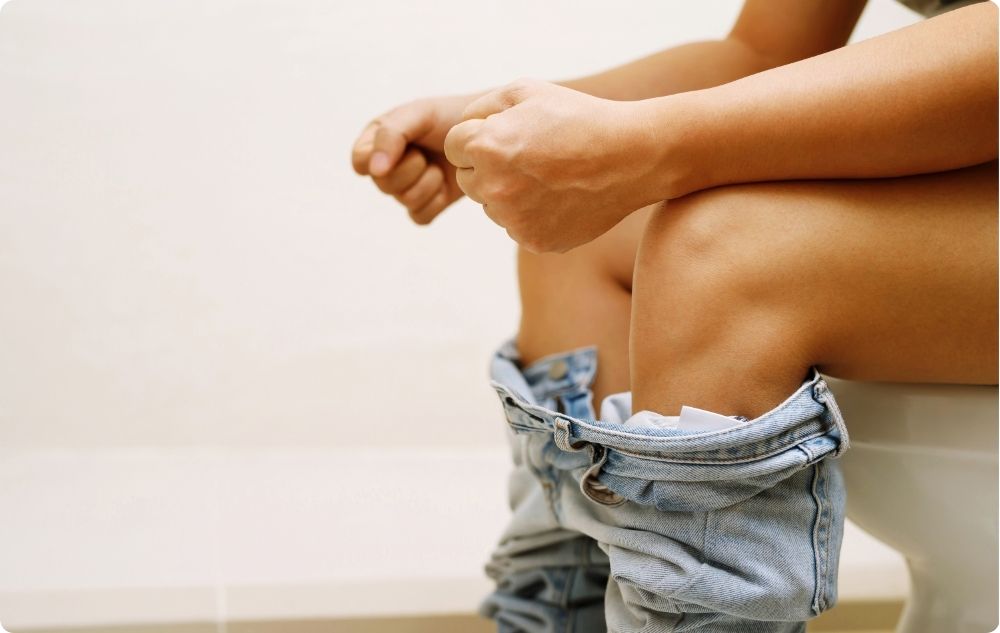
The modern toilet requires defecation in a sitting position, which is not the most natural for human anatomy. It leads to a curvature of the rectum, making it difficult for stool to pass.
This increases the effort required to defecate and consequently increases the pressure on the veins around the anus. In countries where the squatting posture is used, hemorrhoids are significantly less common.
8. Persistent coughing or sneezing
Chronic coughing, especially in smokers or people with lung disease, creates repeated and prolonged increases in intra-abdominal pressure.
This puts direct pressure on the venous system in the anus and can lead to dilation and damage to the venous walls. Frequent, severe sneezing due to allergies has a similar effect.
9. Obesity
Excess body weight, especially in the abdominal area, creates constant pressure on the pelvic organs and circulatory system. In people with a high degree of obesity, venous outflow from the anus becomes difficult.
This leads to stagnation of blood in the veins and creates conditions for the formation of hemorrhoids. The problem is even more serious when obesity is combined with a sedentary lifestyle.
10. Excessively frequent or prolonged trips to the toilet
Some people have a habit of spending long periods of time on the toilet - reading, looking at their phone, or simply relaxing. However, this prolongs the pressure on the anus and the veins in that area.
The habit of "straining" even when there is no need is particularly harmful - this leads to overstretching of the venous walls and increases the risk of external hemorrhoids.
11. Heavy physical labor or heavy lifting
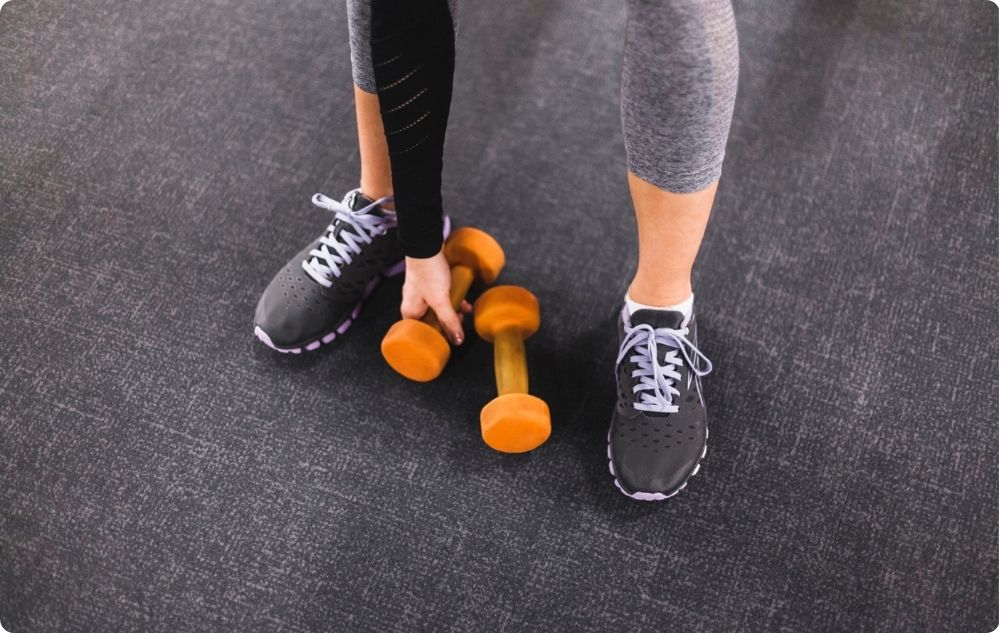
Weight-bearing work or sports increase internal pressure in the abdomen. When this happens frequently and without proper technique, the load is transferred to the rectal area.
This is a common cause of External Hemorrhoids in men who regularly visit the gym but do not breathe properly or overexert themselves.
12. Dehydration and low fluid intake
Not having enough water in the body makes stools hard and dry. This makes it difficult to pass stools and requires more straining, which directly puts pressure on the veins in the anus.
Dehydration also affects the elasticity of blood vessels, making them more susceptible to damage.
13. Advancing age
As we age, the tissues and blood vessels in the body gradually lose their elasticity. This is especially true for the anal area.
Muscle tone in the perineum also decreases, which also increases the risk of developing hemorrhoids, especially if combined with other risk factors such as constipation and low physical activity.
3. Symptoms of External Hemorrhoids
Symptoms of external hemorrhoids can vary greatly - from mild discomfort to severe pain that interferes with the normal rhythm of life.
1. Pain and discomfort
Pain is one of the most characteristic symptoms of external hemorrhoids. It can be sharp and intense, especially in thrombosed hemorrhoids, when a blood clot forms in the hemorrhoidal vein.
The pain may increase when sitting, moving or defecating.
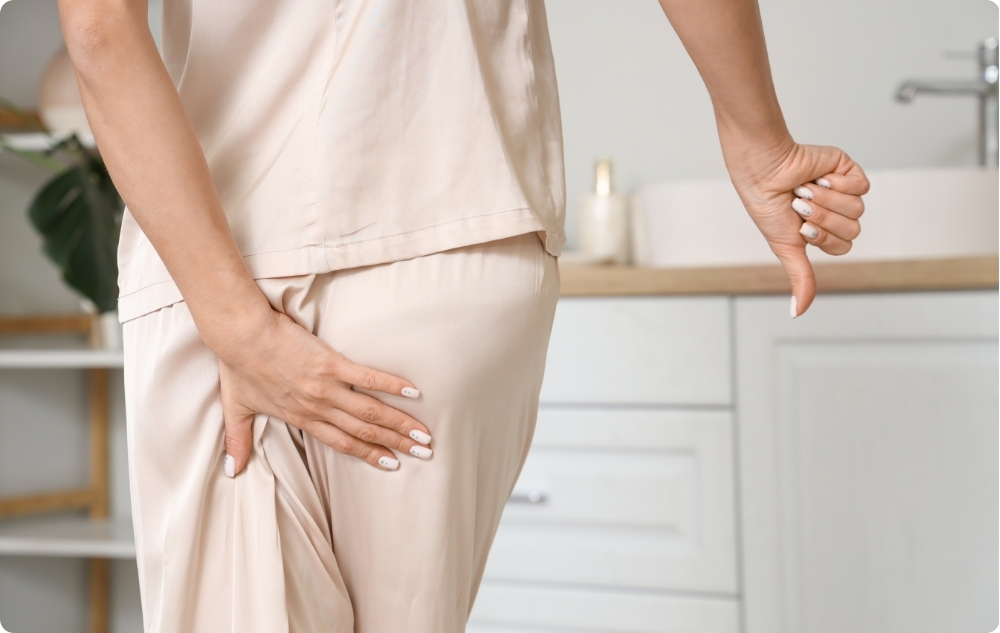
2. A feeling of “heaviness” or tension in the anal area
This sensation is often described as a foreign body or pressure in the area around the anus. Patients report feeling like “something is there,” even when they are not experiencing pain.
3. Slight swelling or lump that is felt when touched
External hemorrhoids often feel like small lumps or nodules under the skin. They can vary in size and softness, depending on whether there is inflammation or thrombosis.
They are usually located right next to the anal opening and can enlarge with exertion or sitting.
4. Mucus or moisture leaking from the anus
This is a less common symptom, but when it occurs, it creates a sensation of constant wetting or "leaking."
The mucus can irritate the skin in the area and cause itching or rashes. Some people mistake it for an anal fissure or infection.
5. Irritation when washing or drying
External hemorrhoids may respond to hygiene habits such as washing or wiping with toilet paper with a burning or sharp sensation. Even a gentle touch with a towel can cause pain.
6. Difficulty sitting or doing physical activity
People with larger external hemorrhoids often experience severe discomfort when sitting, especially on hard surfaces. They may also have problems walking, cycling or even standing for long periods of time.
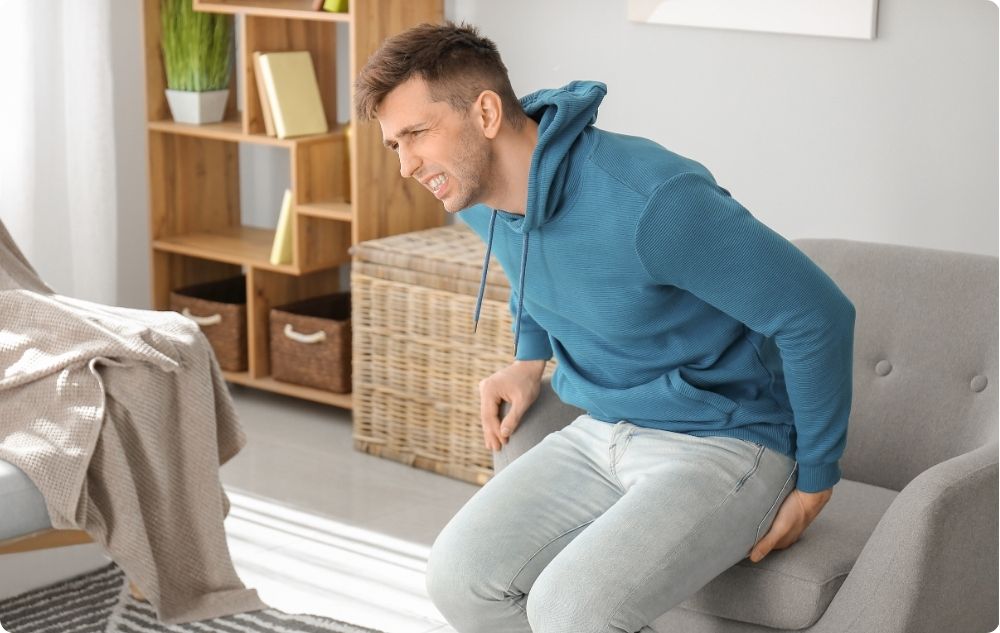
7. Altered sensation when defecating
Even when there is no pain, people with External Hemorrhoids often report a feeling of incomplete bowel movement or mild pain afterward.
8. Itching and irritation
Itching around the anus is a common symptom of external hemorrhoids. Constant friction and moisture in this area can worsen the itching and cause further irritation and inflammation.
9. Bleeding
It is usually observed during bowel movements when hard stool passes through the anus and injures varicose veins.
The bleeding can be light, with small drops of blood on the toilet paper, or more profuse, with larger amounts of blood in the toilet bowl.
10. Inflammation and redness
Redness and swelling are the result of irritation and inflammation of the tissues. This may be accompanied by a burning sensation and increased skin sensitivity.
These symptoms do not always appear at the same time. In the initial stages, only one of them may be observed, but as the condition progresses, the discomfort accumulates and affects daily life.
4. When should you see a doctor?
Although many cases of External Hemorrhoids can be relieved with home treatment, there are situations in which it is imperative to seek medical attention.
Here are specific cases in which you should not hesitate:
Persistent or heavy bleeding
If you notice blood in the toilet bowl, on the toilet paper, or in your stool, and this happens repeatedly, it's time to see a doctor.
Although bleeding is often due to hemorrhoids, it can also be a symptom of more serious conditions such as anal fissures, polyps or even colorectal cancer. Only an examination and possibly additional tests can provide a definitive answer.
Severe, throbbing pain
If you experience sharp pain that comes on suddenly and gets worse when you sit or move, this may be a sign of a thrombosed external hemorrhoid.
This is a condition in which a clot (thrombus) forms in a hemorrhoid and requires emergency medical intervention. A minor procedure is often required to remove the clot, which provides significant pain relief.
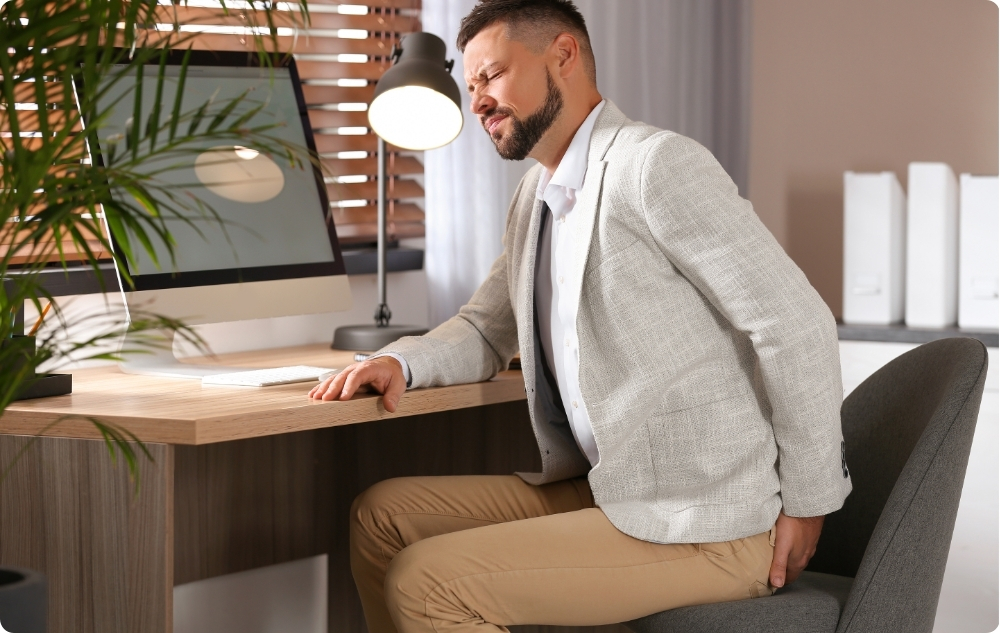
Rapid growth or swelling
If a hemorrhoidal lump suddenly increases in size, becomes hard and painful, this may be a sign of inflammation, infection or thrombosis.
Self-treatment in this case is not recommended, as the condition may worsen. The doctor will assess whether medical or surgical treatment is necessary.
Drainage of pus or a bad odor
These are signs of a possible infection in the area around the anus. An infected hemorrhoid can lead to an abscess, which requires drainage and antibiotic treatment.
Ignoring an infection in this area can lead to serious complications, including the spread of the infection to surrounding tissues.
Changes in bowel movements
If you notice a sudden change in bowel habits - such as alternating constipation and diarrhea, a feeling of incomplete emptying, weight loss, or fatigue - this is not typical of hemorrhoids alone.
Do not delay the examination, because such symptoms may mask a more serious health problem.
Recurrent or chronic hemorrhoids
If external hemorrhoids occur frequently, despite maintaining good hygiene and lifestyle, it is a signal that it is time to seek professional evaluation.
5. Treatment of External Hemorrhoids
Treatment for External hemorrhoids depends on the severity of symptoms, the duration of the problem, and the individual characteristics of the patient. The goal is to reduce inflammation, relieve pain and prevent recurrence.
The approaches include several main groups: Local, Systemic, Minimally Invasive and Surgical.
1. Home treatment
Milder cases of External Hemorrhoids can often be relieved at home, without the need for medication or medical intervention.
Read more about the different ways HERE.
2. Local treatment
This type of treatment acts directly on the affected area and is suitable for milder and moderate cases.
- Corticosteroid creams - Reduce inflammation and itching, but with prolonged use can thin the skin (it is recommended to use them for short periods);
- Lidocaine or benzocaine preparations - painkillers that temporarily reduce pain and burning sensation. They are applied carefully so as not to cause irritation;
- Natural ointments with Witch Hazel, Yarrow, Calendula or Aloe Vera - Suitable for milder inflammation. They soothe the skin and promote healing.
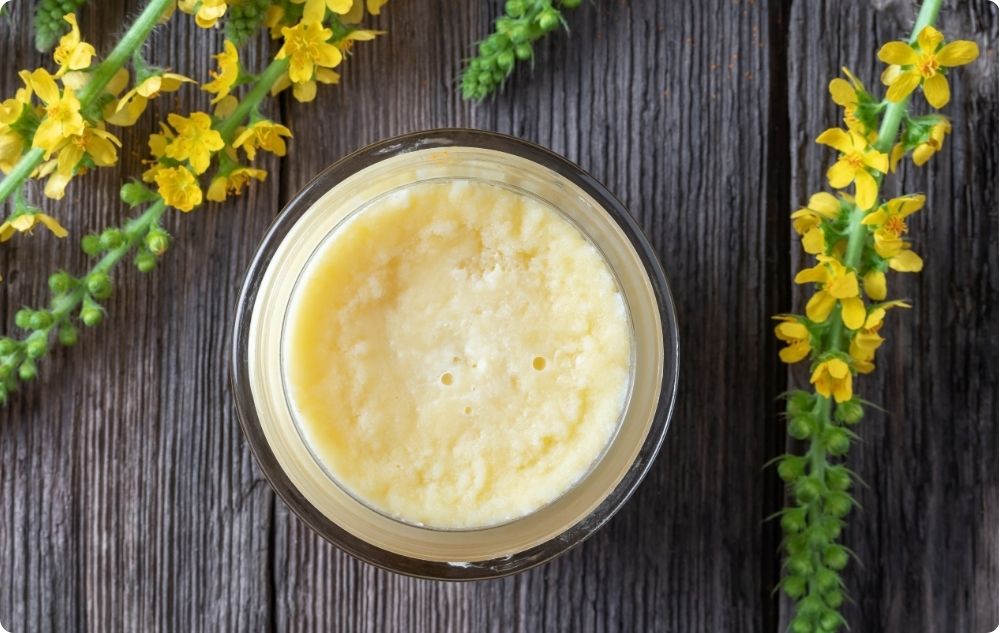
3. Systemic treatment
It includes medications that act on the entire body, not just the specific area.
- Phlebotropic agents (venotonics) - they strengthen the walls of the veins, improve blood circulation and reduce the risk of recurrence. They are used for chronic and recurrent hemorrhoids;
- Painkillers - taken orally when the pain is severe. Nonsteroidal anti-inflammatory drugs (such as ibuprofen) are suitable, but should not be used long-term without medical supervision.
4. Minimally invasive procedures
If topical and systemic remedies are ineffective, the doctor may suggest non-surgical procedures that are performed on an outpatient basis:
- Thrombectomy - a minor surgical procedure that removes a blood clot from a thrombosed hemorrhoid. Relief occurs almost immediately;
- Injection sclerotherapy (less common for external hemorrhoids) - a solution is injected that "closes" the blood vessel. It is more often used for Internal hemorrhoids, but in some cases it also has an effect on External;
- Infrared or laser coagulation - the vessels are "sealed" using heat, which stops the blood supply to the hemorrhoid.
5. Surgical treatment
For persistent, painful, or frequently recurring external hemorrhoids, especially if they are thrombosed, surgical removal is considered.
- Hemorrhoidectomy - this is the classic surgical procedure for the complete removal of hemorrhoids. It is performed under local or general anesthesia. The recovery period is longer, but the results are long-lasting;
- Laser hemorrhoidoplasty - a newer, less invasive technique. It has a shorter recovery period and less pain after the procedure.
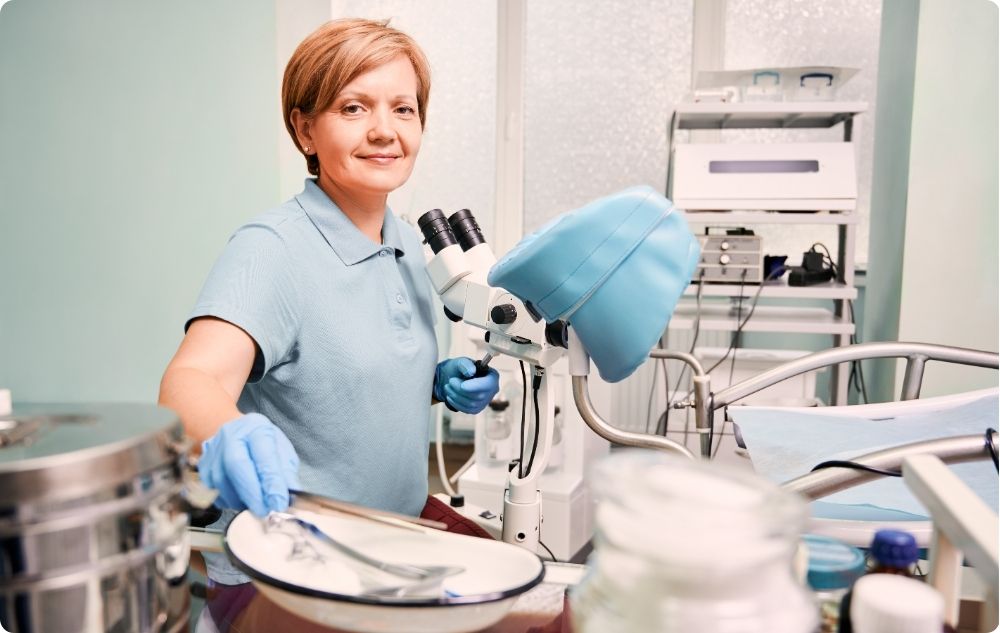
6. Myths and Facts about External Hemorrhoids
There are many misconceptions about External hemorrhoids. Some are the result of a lack of information, others are the result of old beliefs.
In this section, we will look at the most common myths and compare them with the facts:
Myth: Only older people suffer from hemorrhoids
Fact: Hemorrhoids can affect people of all ages
Although hemorrhoids are more common in older people, they can affect people of all ages, including young adults and even children.
Risk factors such as constipation, poor eating habits and a sedentary lifestyle can cause hemorrhoids regardless of age.
Myth: External hemorrhoids always bleed
Fact: Not all external hemorrhoids bleed
Bleeding is a common symptom of hemorrhoids, but not all external hemorrhoids bleed. Some hemorrhoids only cause pain, swelling and discomfort with no visible bleeding.
Bleeding usually occurs in more serious cases or when the hemorrhoids rupture.
Myth: Hemorrhoids always require surgical treatment
Fact: Many hemorrhoids can be treated with conservative methods
Not all hemorrhoids require surgery. Many cases can be successfully treated with lifestyle changes, dietary changes, topical treatments and minimally invasive procedures.
Surgical treatment is only necessary in severe or complicated cases.
Myth: Sitting on cold surfaces causes hemorrhoids
Fact: There is no evidence that cold surfaces cause hemorrhoids
The main causes of hemorrhoids are related to increased pressure in the rectal area, constipation, pregnancy and hereditary factors.
Cold surfaces may cause temporary discomfort, but they do not lead to hemorrhoids.
Myth: All anal pain is caused by hemorrhoids
Fact: Anal pain can be caused by a variety of conditions
Anal pain is not always the result of hemorrhoids. Other conditions such as anal fissures, abscesses, infections and even anal cancer can cause similar symptoms.
It is important to consult a doctor for an accurate diagnosis and appropriate treatment.
Myth: Exercise makes hemorrhoids worse
Fact: Moderate exercise is helpful in preventing and managing hemorrhoids
Moderate exercise, such as walking and swimming, can help improve circulation and prevent constipation, which reduces the risk of hemorrhoids.
Heavy physical exertion, especially weight lifting, can worsen the condition if not performed properly.
Myth: Dietary changes alone are enough to treat hemorrhoids
Fact: Dietary changes are important, but other methods are often needed
Dietary changes, such as increasing fiber and fluid intake, are an important part of hemorrhoid prevention and treatment.
However, in many cases, other methods, such as topical treatments, minimally invasive procedures or even surgery are needed to effectively manage the condition.
7. Conclusion
Although External hemorrhoids are not life-threatening, they can seriously impair daily life. The sooner symptoms are addressed, the easier and faster their treatment is.
The best approach is a combination of proper nutrition, physical activity and medical care when needed. Don't delay consulting a specialist if you have any doubts - health always comes first.
SOURCES:
1. Мedicinenet: Hemorrhoids (Piles): What are the symptoms of hemorrhoids? (25.05.2024)
2. Healthline: Causes of Hemorrhoids and Tips for Prevention (25.05.2024)
3. Mayo Clinic: Hemorrhoids: Symptoms (25.05.2024)

